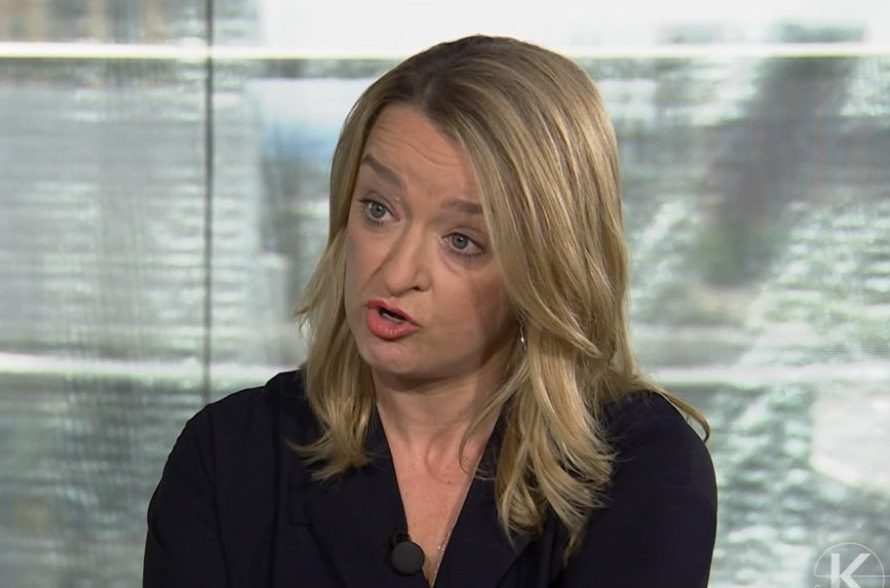
The has responded after viewers claimed showed ‘bias’ during an.
The journalist, 47, rounded off a conversation with Shadow Home Secretary , 54, on Sunday with Laura Kuenssberg on January 21 by stating that there were ‘plenty of people’ who ‘might disagree’ with her.
Viewers on X felt the comments revealed ’s own political leanings, with Peter claiming her ‘partiality and bias were clear’, while Mike said the comment was ‘not acceptable.’
Now the BBC has addressed the backlash and in a statement said that Kuenssberg ‘interviewed Ms Cooper in the courteous, rigorous and duly impartial manner that our audience would expect from a political interview.’
It reads: ‘Laura Kuenssberg approached our interview with Shadow Home Secretary Yvette Cooper in the same manner she would any interview with any politician from any political party; by asking Ms Cooper to explain her party’s position on the issues which matter to our audience.
‘As Shadow Home Secretary, Laura questioned Ms Cooper on areas which would fall under her remit should Labour win the general election, which included asylum claims and the police response to 999 calls.
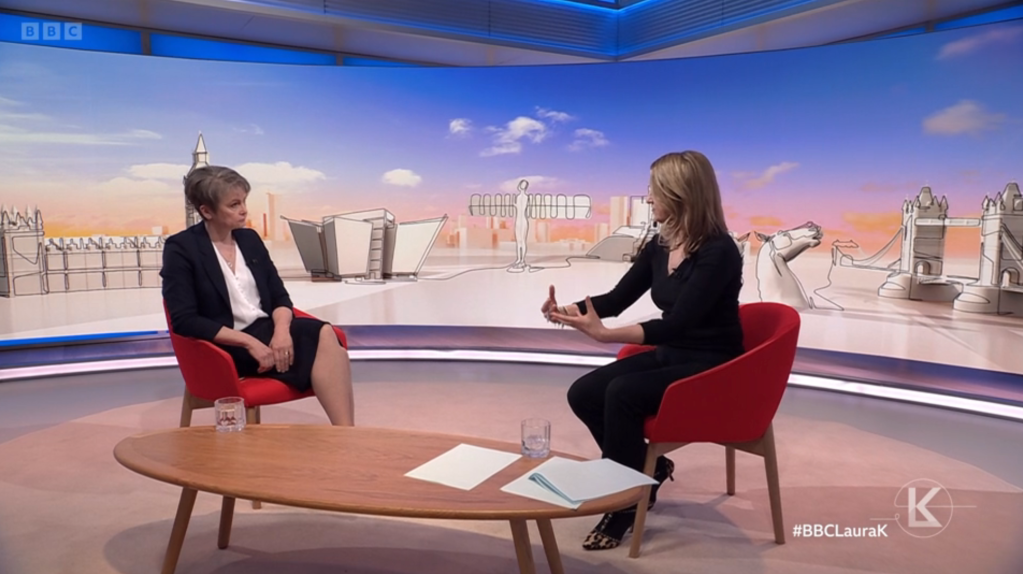
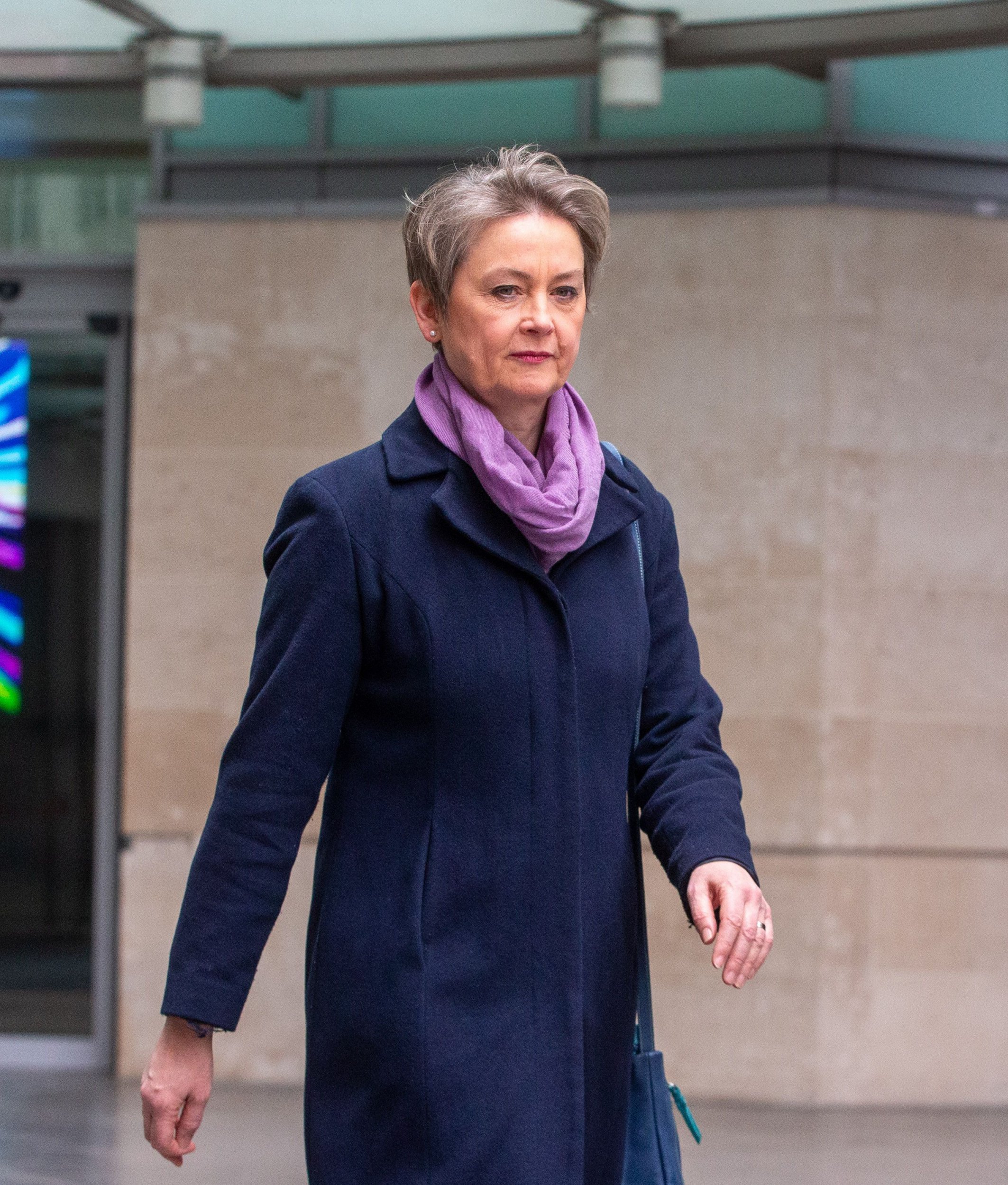
‘Earlier in the programme, when interviewing Defence Secretary Grant Shapps, Laura had scrutinised the issues of defence spending and recruitment to the military.
‘Laura pressed both guests on occasions to gain clarity for our viewers and to address in detail the issues at hand; both guests were given time to make and elaborate on their points.
‘When Ms Cooper expressed her view on the importance of Labour being elected, it was fair for Laura to reflect that there are those who would disagree.’
On Sunday with Laura Kuenssberg, the presenter had discussed topics including deals with the SNP and the number of asylum claims with Cooper.
For her final question, Kuenssberg mentioned to Cooper that the had extended an invitation to Labour leader to go to Edinburgh for ‘talks’ with him, about what he’ll do if he becomes Prime Minister.
The broadcaster asked her guest if Sir Keir should visit the First Minister, to which she replied: ‘I think the people in Scotland want to see a Labour government. We want them to vote Labour to do so.’
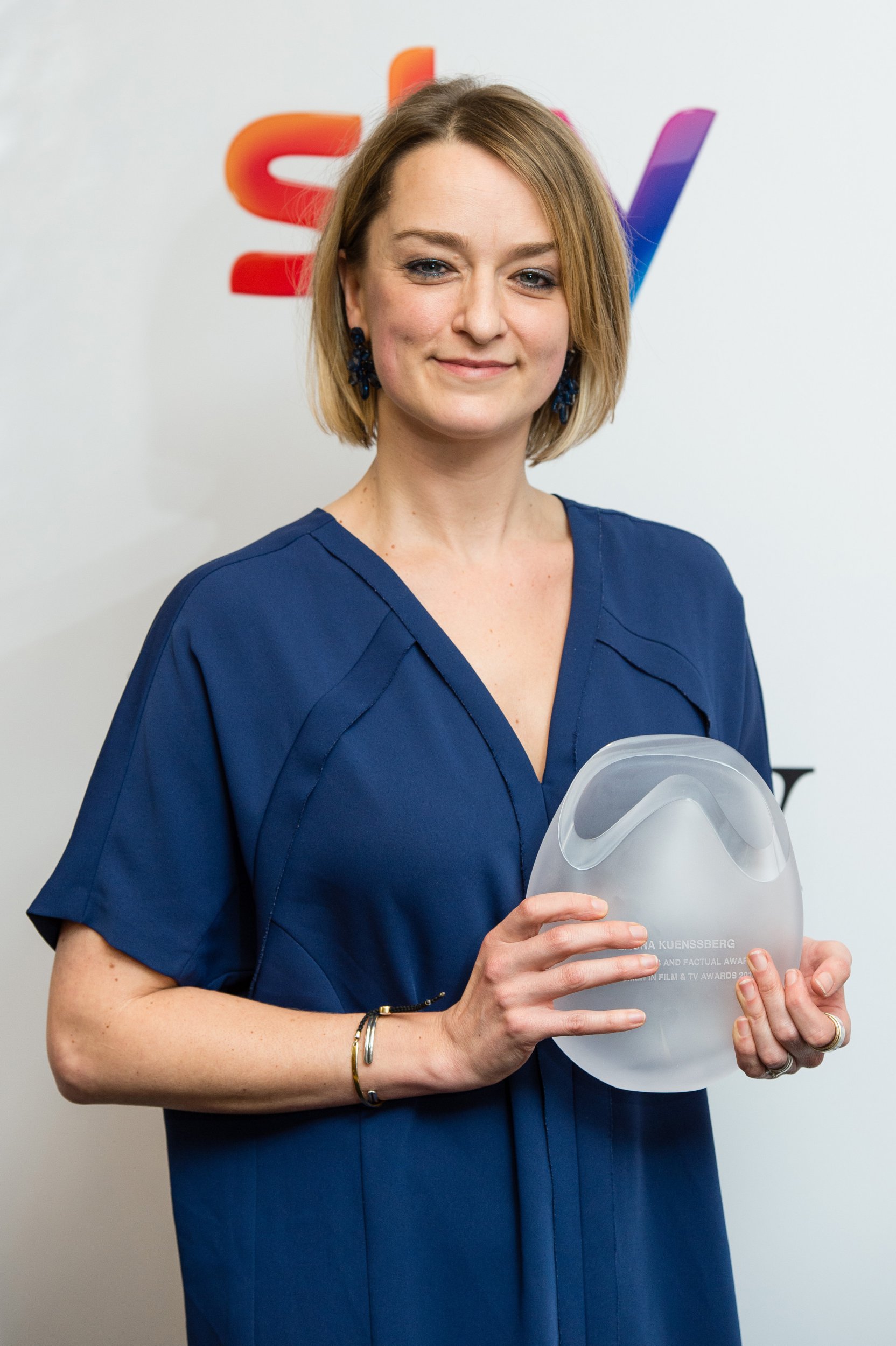
Kuenssberg pressed Cooper further to ask if she thinks Sir Keir should accept the invitation for a visit, as she responded: ‘We’re not doing deals with the SNP. The important thing is to have a Labour government elected to get rid of the Conservatives where everything feels broken right across the country. We’ve had low growth, low opportunities – it’s time for something better. People deserve a fairer deal.’
As Kuenssberg wrapped up her interview, she said: ‘There are plenty of people who come to the studio who disagree with you, many people watching might disagree with you too, but Yvette Cooper you’ve set out Labour’s position this morning.’
It’s not the first time Kuenssberg has been.
Last year, viewers on X said Kuenssberg’s coverage of the Gary Lineker Twitter saga was impartial after she read out anti-Lineker messages on her BBC show.
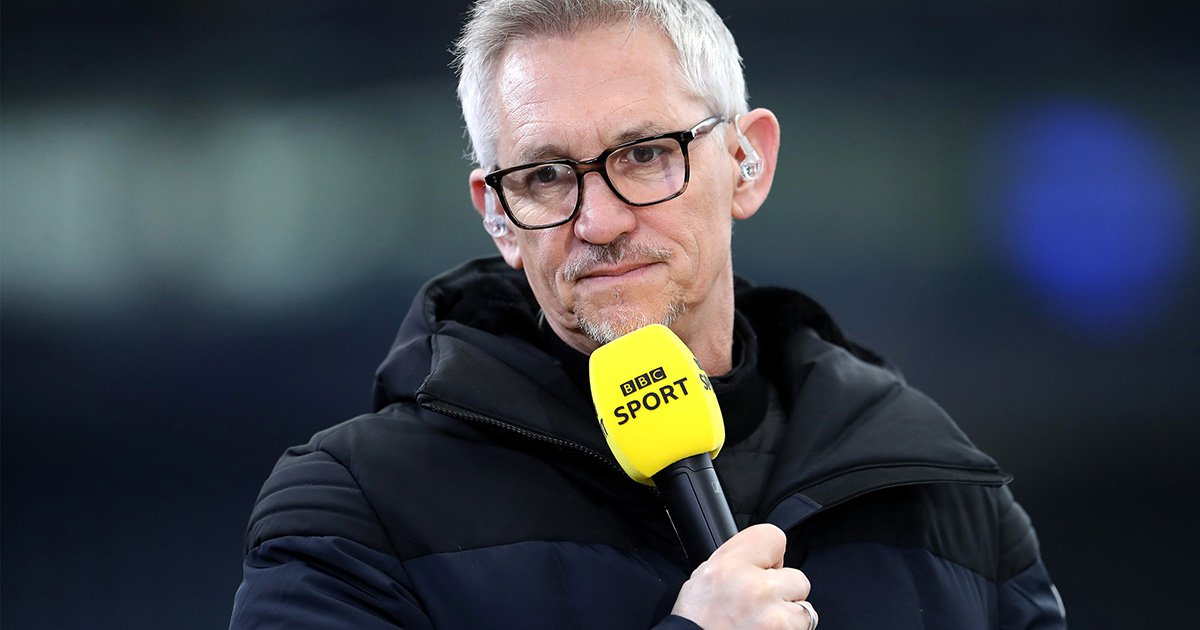
The football pundit had compared the UK government’s language around migrants to the language used in 1930s Germany resulting in the BBC asking him to step back from his Match of the Day duties.
Tagging the UK’s independent communications regulator after Kuenssberg’s show, an X account tweeted: ‘Hey @Ofcom this is an extraordinarily biased ending to a politically impartial program!’
In 2022, viewers demanded that she and fellow BBC presenter Fiona Bruce were investigated after backlash to another BBC News presenter who said she was ‘gleeful’ that former Prime Minister Boris Johnson had dropped out of the Tory leadership race.
They accused the two broadcasters of being unable to conceal their own biases on-screen.
As for the BBC’s guidelines, they make it clear that employees are prohibited from expressing any bias on a matter.
Section 4.1 of their editorial guidelines states: ‘The term “due” means that the impartiality must be adequate and appropriate to the output, taking account of the subject and nature of the content, the likely audience expectation and any signposting that may influence that expectation.’




















